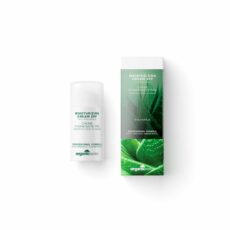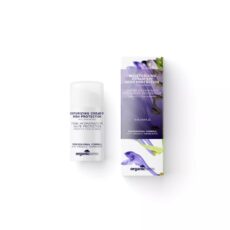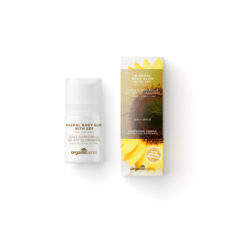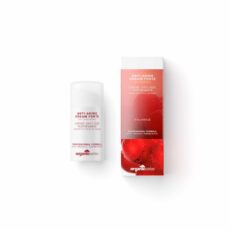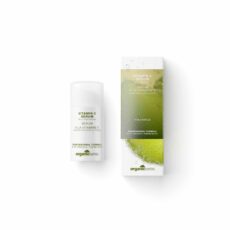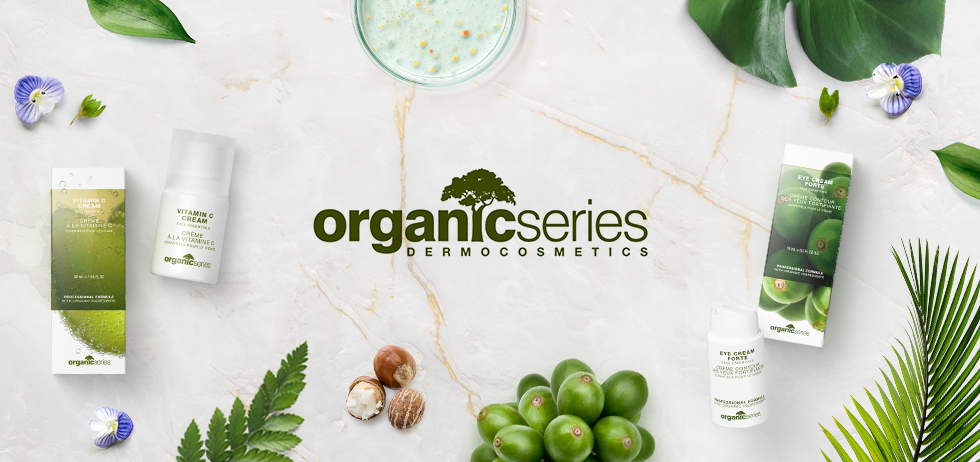Skincare organic ingredients – introduction
Welcome to an enlightening journey through the world of skincare organic ingredients! Skincare enthusiasts and eco-conscious individuals, gather around as we delve into the marvellous realm of natural and organic elements that hold the key to vibrant and healthy skin. In this article, we will unveil eight astounding facts about these magical ingredients, their benefits, and the immense impact they have on our skin’s well-being.
Discover the secrets behind nature’s wisdom and explore the wonders of organic skincare ingredients that will leave you astonished and inspired to transform your beauty routine. So, let’s embark on this fascinating adventure and unlock the extraordinary potential of skincare organic ingredients together!
The benefits of using skincare organic products
Exploring the various advantages of incorporating skincare organic ingredients in your skincare routine.
First and foremost, skincare organic products are better for your skin. They are free from harmful chemicals such as parabens, sulfates, and artificial fragrances that can irritate and damage the skin. Instead, they contain natural ingredients that are gentle and nourishing. Many skincare organic products also contain antioxidants, which help to protect the skin from environmental damage and aging.
Secondly, skincare organic products are better for the environment. Conventional skincare products often contain ingredients that are harmful to the environment, such as synthetic pesticides and fertilizers. Skincare organic ingredients, on the other hand, are grown without the use of these chemicals, making them more sustainable and environmentally friendly. In addition, organic farming practices help to preserve soil fertility, conserve water, and reduce pollution.
Furthermore, skincare organic products are often more effective than their conventional counterparts. This is because they contain higher levels of active ingredients, as they are not diluted with fillers and chemicals. For example, organic plant oils such as jojoba oil and rosehip oil are rich in essential fatty acids and antioxidants, which can help to hydrate, nourish, and rejuvenate the skin. Organic botanical extracts, such as aloe vera and chamomile, are also known for their soothing and healing properties.
Another advantage of using organic skincare products is that they are less likely to cause allergic reactions. Synthetic chemicals can be harsh and irritating to the skin, especially for those with sensitive skin. Organic ingredients, on the other hand, are generally well-tolerated and less likely to cause adverse reactions. It is always important to patch-test any new skincare product, but the risk of developing an allergic reaction is lower with organic products.
Popular skincare organic ingredients
An overview of some of the most commonly used organic ingredients in skincare products and their benefits.
1. Aloe Vera: This versatile plant is known for its soothing and healing properties. It helps to hydrate and moisturize the skin, soothes inflammation, and promotes collagen production.
2. Tea Tree Oil: This powerful essential oil is highly effective in treating acne and blemishes. It has antibacterial and anti-inflammatory properties that help to kill bacteria and reduce redness.
3. Jojoba Oil: This lightweight oil closely resembles the skin’s natural sebum, making it an ideal moisturizer. It helps to balance oil production, reduce acne, and soothe dry and irritated skin.
4. Rosehip Oil: This nutrient-rich oil is packed with antioxidants and essential fatty acids. It helps to reduce the appearance of scars, stretch marks, and fine lines. It also promotes skin regeneration and improves overall skin texture.
5. Shea Butter: Known for its intense moisturizing properties, shea butter is rich in vitamins, antioxidants, and fatty acids. It deeply nourishes and hydrates the skin, making it soft and supple.
6. Green Tea Extract: Loaded with antioxidants, green tea extract helps to protect the skin from free radicals and UV damage. It also has anti-inflammatory properties that soothe irritation and calm redness.
7. Chamomile: This gentle herb is well-known for its calming and soothing effects on the skin. It helps to relieve dryness, redness, and inflammation, making it perfect for sensitive or acne-prone skin.
8. Witch Hazel: This natural astringent has been used for centuries to tighten pores, control excess oil, and reduce inflammation. It also helps to soothe and heal wounds, making it an excellent ingredient for acne-prone skin.
In addition to their individual benefits, these organic ingredients are often combined with other natural extracts, oils, and botanicals to create effective skincare products. Using skincare products with organic ingredients not only nourishes your skin but also reduces exposure to harmful chemicals present in conventional skincare products.
To make the most out of organic skincare ingredients, it is important to choose products that are certified organic and free from synthetic additives. Reading product labels and doing thorough research can help you identify trustworthy brands that prioritize the use of organic and natural ingredients.
Overall, incorporating popular organic ingredients into your skincare routine can lead to healthier, more balanced, and radiant skin. So, why not take the natural route and give your skin the goodness it deserves?
Skincare organic

Debunking myths and misconceptions: separating fact from fiction when it comes to organic skincare and addressing common misconceptions.
One common misconception is that organic skincare products are not as effective as their synthetic counterparts. The truth is, organic skincare ingredients are derived directly from nature and can provide numerous benefits for the skin. Ingredients such as aloe vera, shea butter, and coconut oil have been used for centuries to nourish and heal the skin. Organic products often have higher concentrations of active ingredients, making them just as effective, if not more so, than their synthetic counterparts.
Another myth is that organic skincare products are expensive. While it’s true that some organic brands tend to be pricier, there are plenty of affordable options available. In fact, many organic skincare ingredients can be found in your kitchen pantry! For example, honey can be used as a natural moisturizer, while oatmeal can soothe irritated skin. By incorporating these ingredients into your skincare routine, you can reap the benefits of organic skincare without breaking the bank.
Some people also believe that all-natural means non-allergenic. However, it’s important to remember that everyone’s skin is unique, and certain natural ingredients may still cause allergic reactions. It’s essential to read ingredient labels and do patch tests before using new products, even if they are organic. This precaution will help you determine if any specific ingredient may cause a negative reaction on your skin.
Contrary to popular belief, organic skincare does not mean sacrificing on anti-aging benefits. In fact, many organic ingredients have been scientifically proven to promote collagen production, reduce fine lines, and improve skin elasticity. Ingredients such as rosehip oil and green tea extract are rich in antioxidants that protect the skin from free radicals and stimulate cell regeneration, resulting in a youthful and glowing complexion.
Lastly, organic skincare is not just a trend; it’s a commitment to holistic and sustainable living. By choosing organic products, you are not only nourishing your skin but also supporting the environment. Organic farming practices promote biodiversity and conserve water and soil quality, making it a more eco-friendly option.
The future of skincare organic
Aglimpse into the growing market for organic skincare products and predictions for the future of this industry.
One of the key drivers behind the rise of organic skincare is the increasing awareness of the harmful effects of synthetic chemicals found in conventional skincare products. Organic skincare products are made from natural ingredients that are free from harmful chemicals such as parabens, sulfates, and artificial fragrances. This focus on natural ingredients ensures that people can nourish their skin without exposing it to toxic substances, making organic skincare a popular choice for people with sensitive skin.
As the demand for organic skincare continues to rise, the industry has witnessed significant growth and is expected to reach new heights in the coming years. According to a report by Grand View Research, the global organic skincare market is predicted to reach 25.1 billion dollars by 2025, with a compound annual growth rate (CAGR) of 9.5%. This growth can be attributed to factors such as increasing consumer awareness, rising disposable incomes, and a shift towards sustainable living.
To meet this growing demand, skincare brands are constantly innovating and introducing new organic products. One amazing fact about skincare organic ingredients is their versatility. Many natural ingredients used in organic skincare have multiple benefits for the skin. For example, organic coconut oil not only moisturizes and hydrates the skin but also has antimicrobial properties that help fight against acne-causing bacteria. Similarly, organic aloe vera has soothing properties that can calm irritated skin while promoting healing.
Another interesting fact is that many skincare organic ingredients have been used for centuries in traditional medicine. For instance, organic rosehip oil is rich in antioxidants and has been used for its anti-aging properties since ancient times. These time-tested ingredients are now being incorporated into modern organic skincare formulations, combining the wisdom of the past with the advancements of the present.
Conclusion
In conclusion, the use of organic ingredients in skincare products is not only a trend but a well-founded approach to achieving healthier and more radiant skin. From their effectiveness in addressing various skin concerns to their sustainability and ethical production, organic ingredients offer numerous benefits for both our skin and the environment. As consumers become more conscious about what they apply on their skin, the demand for skincare products with natural and organic ingredients is expected to rise. By harnessing the power of nature, we can transform our skincare organic routines into nourishing and rejuvenating experiences, while contributing to a more sustainable and eco-friendly beauty industry.
Expert recommendation for skincare organic
Skincare Organic Series Hyaluronic Acid
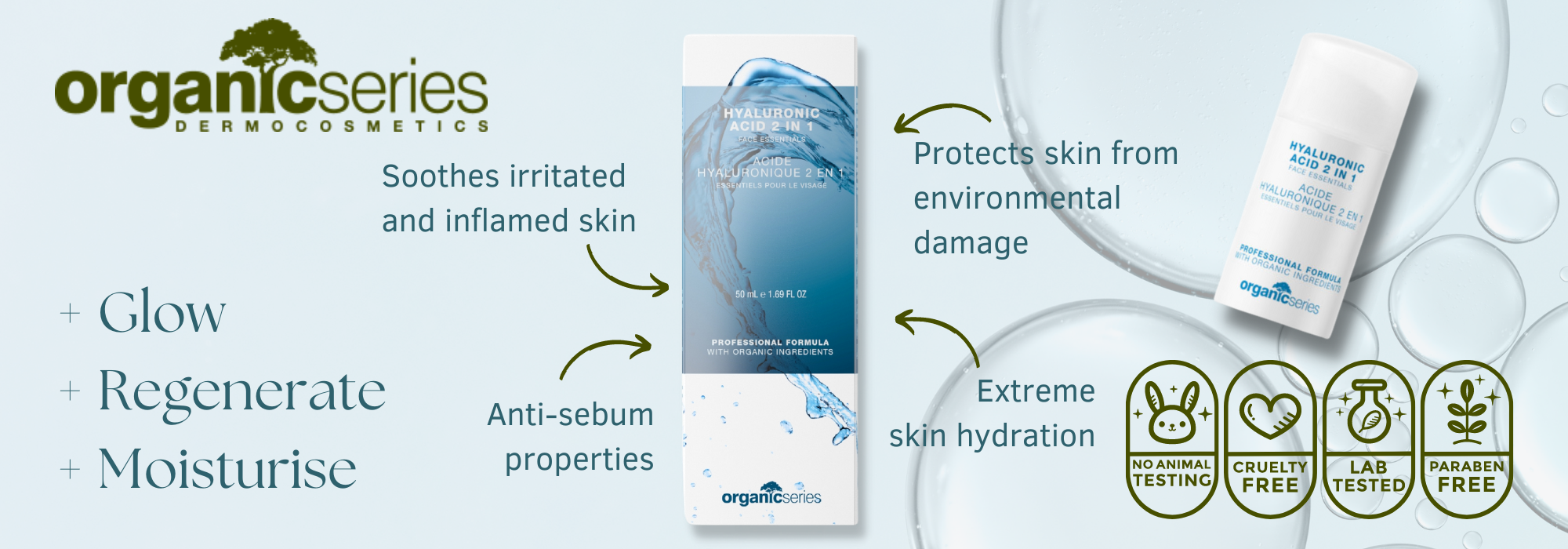
More inspiration for skincare organic
Follow Organic Series UK on instagram and facebook for more inspiration, expert tips about skincare organic and special discount codes!Skincare Organic Series
-
Face Moisturiser with Sunscreen SPF20 | Moisturising Cream SPF20 By Organic Series | 15ml, 50ml, 200ml
From £ 12.00Rated 4.89 out of 509 reviews -
Face Moisturiser with Sunscreen SPF40 | Moisturising Cream SPF High Protection By Organic Series | 15ml, 50ml
From £ 12.00Rated 4.67 out of 506 reviews -
-
Organic Hyaluronic Acid 2-in-1 | By Organic Series | 50ml, 200ml
From £ 52.00Rated 5.00 out of 503 reviews -
Organic Vitamin C Serum 10% | By Organic Series | 15 ml, 50 ml, 200 ml
From £ 12.00Rated 5.00 out of 505 reviews

Maria
Cosmetic Chemist
Maria
All Author Posts
